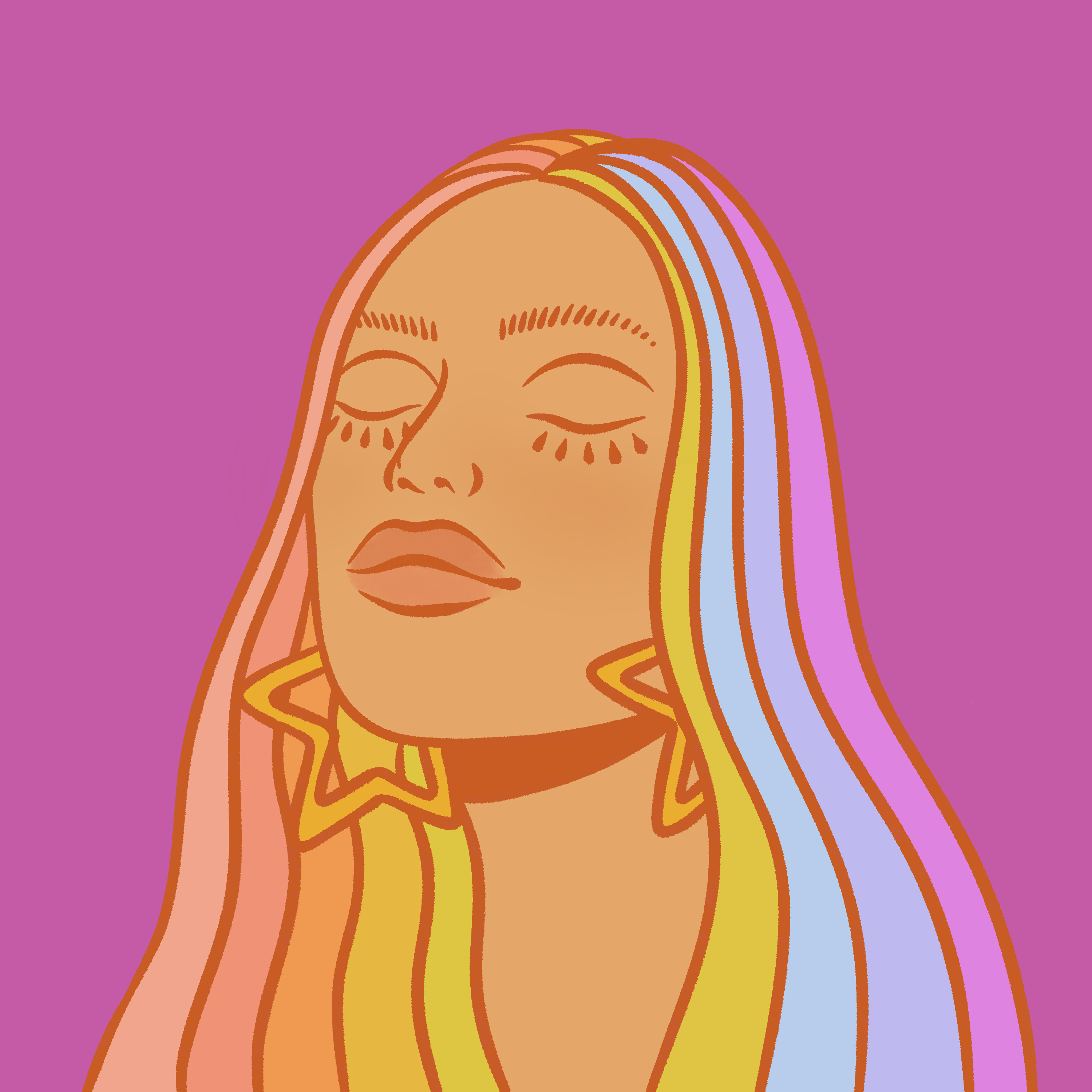0 reply
0 recast
0 reaction

half-baked* hot take: wei's status-as-a-service is a boomer theory that is becoming increasingly outdated
*not high, just writing stream of consciousness
yes, status-seeking behavior will always play a role in social media but it should not be the foundation upon which we build the future.
as we grasp social media's psychological impact (a la haidt re: mental health issues, addictions, misinformation, etc), user behaviors and motivations will evolve against it. they already are.
there's growing preference for intentional disconnection (opal, ~40% of users take digital detoxes), niche community platforms (substack, tyb), ephemeral content (bereal, stories), and private forms of sharing (locket, snapchat; dark social makes up 80% of outbound sharing).
88% of social users cite connecting with friends as their top motivation. what's the top reason for internet friendship? shared interests. and what matters far more than likes or followers in shared interest communities? quality and depth of content.
wdyt? 22 replies
17 recasts
59 reactions
1 reply
0 recast
16 reactions
1 reply
0 recast
3 reactions
1 reply
0 recast
0 reaction
1 reply
0 recast
2 reactions
1 reply
0 recast
1 reaction
1 reply
0 recast
0 reaction
1 reply
0 recast
0 reaction
1 reply
0 recast
0 reaction
1 reply
0 recast
0 reaction
1 reply
0 recast
0 reaction
1 reply
0 recast
1 reaction
1 reply
0 recast
0 reaction
0 reply
0 recast
1 reaction

